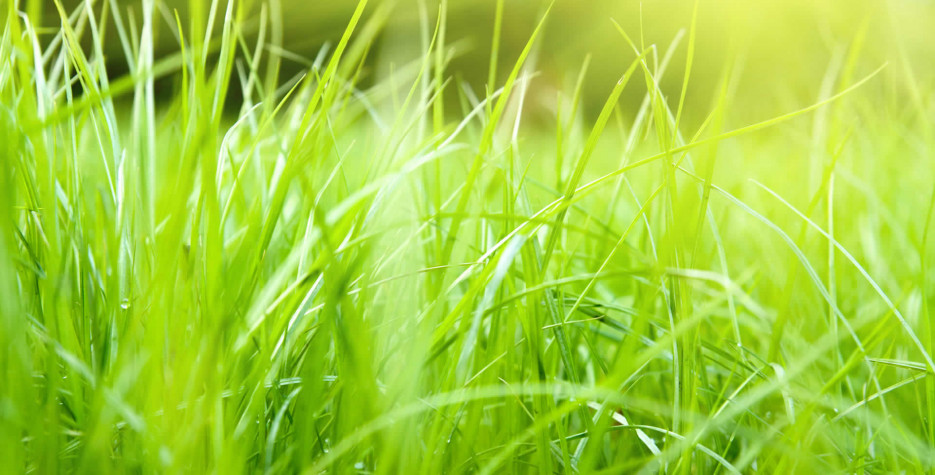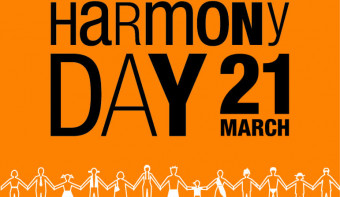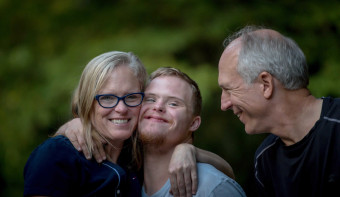About Newroz
| How long until Newroz? | |||
|---|---|---|---|
| Newroz . | |||
| Dates of Newroz | |||
|
2027 Armenia
Sunday, March 21st
2026 Armenia
Saturday, March 21st
2025 Armenia
Thursday, March 20th
2024 Armenia
Thursday, March 21st
2023 Armenia
Tuesday, March 21st
| |||
| Summary | |||
| Novruz celebrates the Persian New Year, and the beginning of Spring. Novruz means 'New Day'. | |||
| Newroz in other countries | |||
| Newroz internationally | |||
Newroz in Armenia in 2026
Prime Minister Nikol Pashinyan congratulated the Kurdish community of Armenia on the Kurdish New Year – Newroz, saying “I warmly congratulate Armenia’s Kurdish community on the most popular and deep-rooted national holiday – Newroz.
This beautiful holiday, which symbolizes the New Year and the spring awakening, traditionally triggers new expectations and hopes. May all hardships and trials remain in the past! May all your good deeds and dreams come true in the New Year! May it be a year of peace, consolidation and ever new achievements!
I wish our Kurdish sisters and brothers all over Armenia good health, well-being, much happiness and strong determination. We must work together to build a prosperous country for all of us, for our future generations.
Happy Newroz!”
Novruz celebrates the Persian New Year, and the beginning of Spring. Novruz means 'New Day'. The Persian New Year begins on the spring equinox, the day the sun shines directly on the equator and the daytime and nighttime hours are nearly equal. Nowruz is a holy day for Zoroastrians and Baha’is and a national holiday in Iran and many Central Asian countries. It’s also observed in many regions in the Caucasus and the Balkans and in western and Central Asia. People have been celebrating Nowruz for more than 3,000 years.
The 13-day celebration begins with the vernal equinox when the sun crosses the equator. This widely symbolizes rebirth and the affirmation of life in harmony with nature.
In some countries, it may have a different spelling and be observed on slightly different dates. The details of these names and dates are shown on this page: Day by day guide to Novruz
History of Nowruz
This is one of humanity's oldest holidays, and although it may be often called Persian New Year, it predates the Persian Empire and can be traced back 5,000 years to the Sumerian and the Babylonian civilisations. Novruz begins on either 20 March or 21 March, on the spring equinox, when the days and nights are equal lengths, with days then becoming longer signifying the arrival of warmer weather.
For many, common traditions include house cleaning, visiting friends and neighbors, and preparing traditional dishes such as special desserts, herb rice, and fried fish.
The build-up to Novruz begins a month before the festival. Each of the four Tuesdays falling before Novruz is dedicated to a different element. First is Water Tuesday, where water renews nature. Next is Fire Tuesday which honours fire as a method rebirth. Then it is Earth Tuesday marking the revival of the earth. Finally, it is Wind Tuesday when the wind opens the buds and marks the arrival of Spring.
Fire worship forms an integral part of the celebrations with fires being lit on the four Tuesdays in the run-up to Novruz. On the last Tuesday, everyone has to jump over the fire as an act of purification.
Like a lot of spring festivals, this idea of purification and starting again is key. Indeed, before Novruz, activities based on renewal like spring cleaning, planting trees, make new clothes and painting eggs are popular.
A widely popular tradition of Nowruz is the Nowruz table setting up known as the Sofreh-ye Haft Sin. In Iran, the table displays seven symbolic items starting with the Farsi letter "S." They include wheat grass, herbs, dried food and vinegar, all representing various hopes for the new year, including health, wealth and prosperity. For example, "Sir," the word for garlic, represents protection from illness and evil, while vinegar, or "Serkeh," represents longevity and patience. The tables also include mirrors, candles, decorated eggs, water and various fruits.
On the day before Novruz, the graves of relatives are visited and tended to, then the whole family will gather around the table to enjoy traditional dishes. The table will be decorated with a khoncha, a large silver or copper tray with Samani (wheat) placed in the centre and candles and painted eggs representing the number of family members around it. The feast will consist of at least seven dishes.
In India, there are significant Parsi communities in Mumbai and Gujarat that follow Zoroastrianism and celebrate Nowruz. Parsis visit to the Fire Temple to offer special prayers. They also prepare festive delicacies and friends and families get together to celebrate the day.
Find out moreOn 30 September, 2009, Novruz was included into UNESCO’s List of the Intangible Cultural Heritage. On 23 February 2010, the United Nations declared March 21 the International Day of Novruz.
Other Observances on March 21st 2026
International Day of Nowruz
Read More






